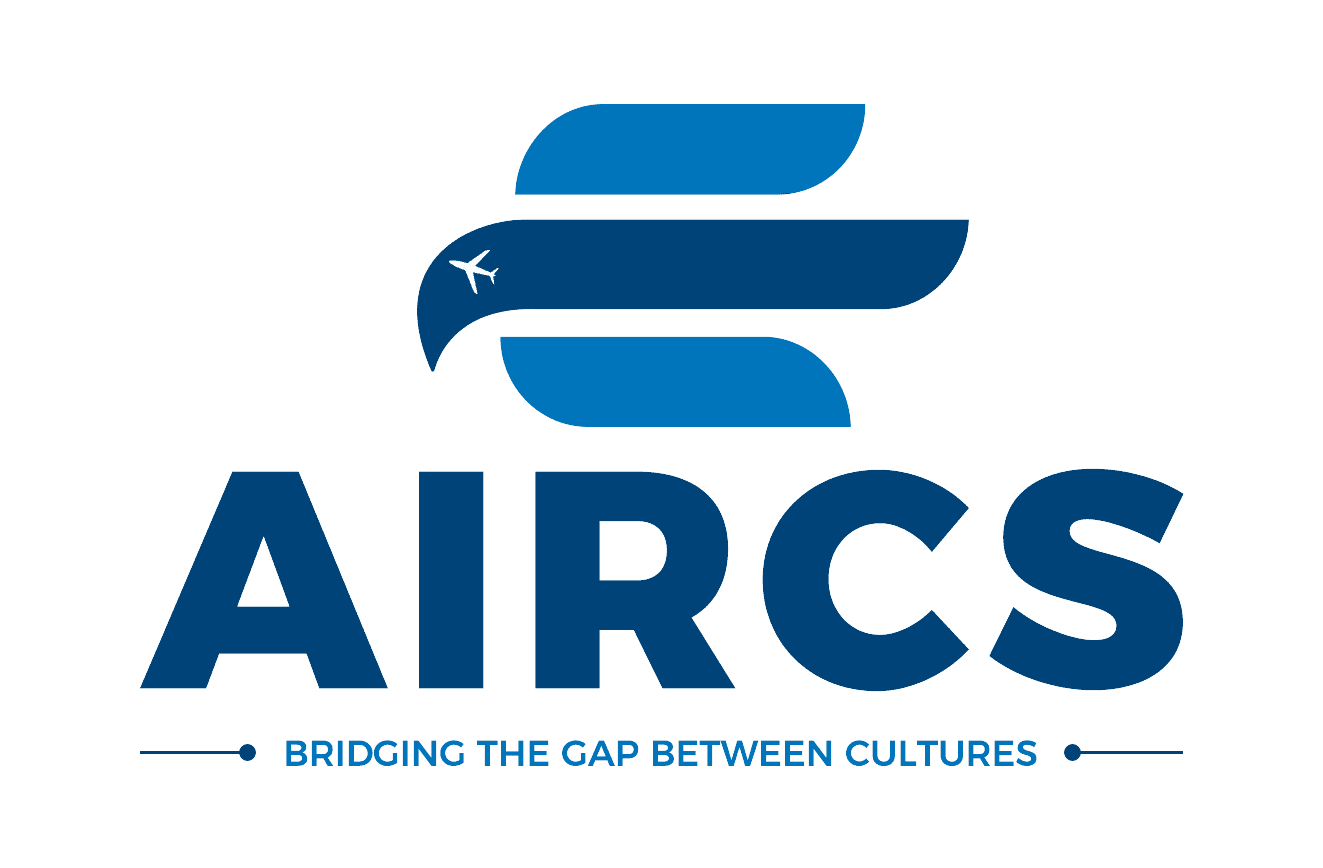Introduction
Canada remains one of the most sought-after destinations for immigrants worldwide, thanks to its high standard of living, world-class education, and progressive immigration policies. For aspiring immigrants in Faisalabad, Pakistan, finding a reliable, knowledgeable, and professional immigration consultancy can make all the difference. That’s where AIRCS (All Immigration & Relocation Consultancy Services) stands out as the leading name in Canada immigration services and consultants in Faisalabad.
Whether you’re pursuing permanent residency, student visa opportunities, or skilled worker migration through Express Entry or PNP programs, AIRCS offers you tailored guidance backed by expertise and transparency.
Why Choose AIRCS for Canada Immigration in Faisalabad?
Local Expertise with Global Reach
Located in Faisalabad, AIRCS provides localized consultancy services with in-depth knowledge of Canada’s evolving immigration systems. The team combines international exposure with local insights ensuring clients receive up-to-date, accurate, and region-specific advice.
Personalized Case Assessment
Unlike generic immigration centers, AIRCS conducts detailed case evaluations before recommending any program. Whether you’re eligible for Express Entry, Provincial Nominee Program (PNP), or family sponsorship, their process is personalized and results-focused.
Registered & Experienced Consultants
With RCIC-affiliated experts and a team of seasoned immigration professionals, AIRCS upholds international standards of consultancy. Their experience and success rates build client trust key to E-E-A-T.
Services Offered by AIRCS Canada Immigration Consultants in Faisalabad
AIRCS offers a comprehensive suite of Canada-bound immigration and visa services:
1. Canada Express Entry
AIRCS helps skilled workers from Faisalabad apply through Express Entry—focusing on CRS scoring, document preparation, NOC matching, and ITA submission.
2. Provincial Nominee Programs (PNPs)
Targeting provinces like Ontario, Saskatchewan, and Alberta? AIRCS supports your journey through PNP streams tailored to your occupation, language proficiency, and intent.
3. Study Visa Applications
Get enrolled in Designated Learning Institutions (DLIs) in Canada. AIRCS assists students with program selection, SOP writing, financial documentation, and visa submissions.
4. Family Sponsorship Programs
Want to reunite with family in Canada? AIRCS helps clients from Faisalabad apply for spouse, child, or parent sponsorships with clear documentation guidelines.
5. Visitor & Business Visas
From family visits to business meetings and conferences, AIRCS ensures your temporary resident visa (TRV) applications are professionally handled.
6. Post-landing Services in Canada
AIRCS supports clients even after visa approval—with job search guidance, settlement support, and initial accommodation resources.
How AIRCS Ensures Your Canadian Immigration Success
Step-by-Step Process
- Initial Consultation & Eligibility Assessment
- Program Selection & CRS Evaluation
- Document Collection & Verification
- Application Submission & Follow-up
- Post-Visa Guidance
Education & IELTS Support
Need help preparing for IELTS or CELPIP? AIRCS connects clients with reputable coaching centers to improve their scores—an essential step in Express Entry and study permits.
Transparent & Ethical Practices
AIRCS stands out with no hidden fees, contract-based services, and honest feedback earning their reputation as the most trustworthy immigration consultants in Faisalabad.
10 Most Frequently Asked Questions (FAQs)
1. What is AIRCS and how can they help me immigrate to Canada from Faisalabad?
AIRCS is a professional immigration consultancy offering end-to-end guidance for Canada PR, study visas, and family sponsorships.
2. Are AIRCS consultants certified or registered?
Yes. AIRCS works with RCIC-affiliated consultants and follows legal frameworks approved by Canadian immigration authorities.
3. What are the costs involved in Canadian immigration through AIRCS?
Costs vary depending on the visa category, documentation, and services required. AIRCS offers transparent, no-hidden fee structures.
4. How long does the immigration process to Canada take?
Express Entry takes 6–12 months; PNP takes 8–14 months. Study and visit visas are processed within 1–3 months, depending on application quality.
5. Can AIRCS help me improve my CRS score?
Absolutely. AIRCS offers language training recommendations, job offer strategies, and provincial nomination advice to boost CRS points.
6. I am a student in Faisalabad. Can AIRCS help me study in Canada?
Yes. AIRCS helps students select colleges, write SOPs, manage GIC accounts, and prepare complete visa files.
7. Do I need a job offer for Canada immigration?
Not always. Programs like Express Entry (FSW) and certain PNPs allow applications without job offers.
8. Can AIRCS help after I land in Canada?
Yes. AIRCS provides post-landing services such as job hunt guidance, accommodation tips, and community integration.
9. Is there a success guarantee?
While no consultant can legally “guarantee” approval, AIRCS ensures the highest quality submissions to maximize your chances.
10. Where is the AIRCS office located in Faisalabad?
AIRCS is located at [Insert Actual Office Location or Map Link], and you can also contact them through aircs.pk or call directly for consultations.
Why Trust AIRCS Over Other Immigration Consultants in Faisalabad?
- Legally compliant & transparent
- Hundreds of successful Canadian visa cases
- Free initial consultation for eligibility
- Customized plans with document preparation
- Client-first approach backed by trust and integrity
Unlike many unregistered consultants operating in Faisalabad, AIRCS prioritizes ethics, knowledge, and experience—key pillars of E-E-A-T.


